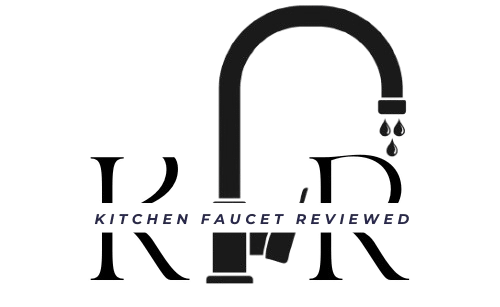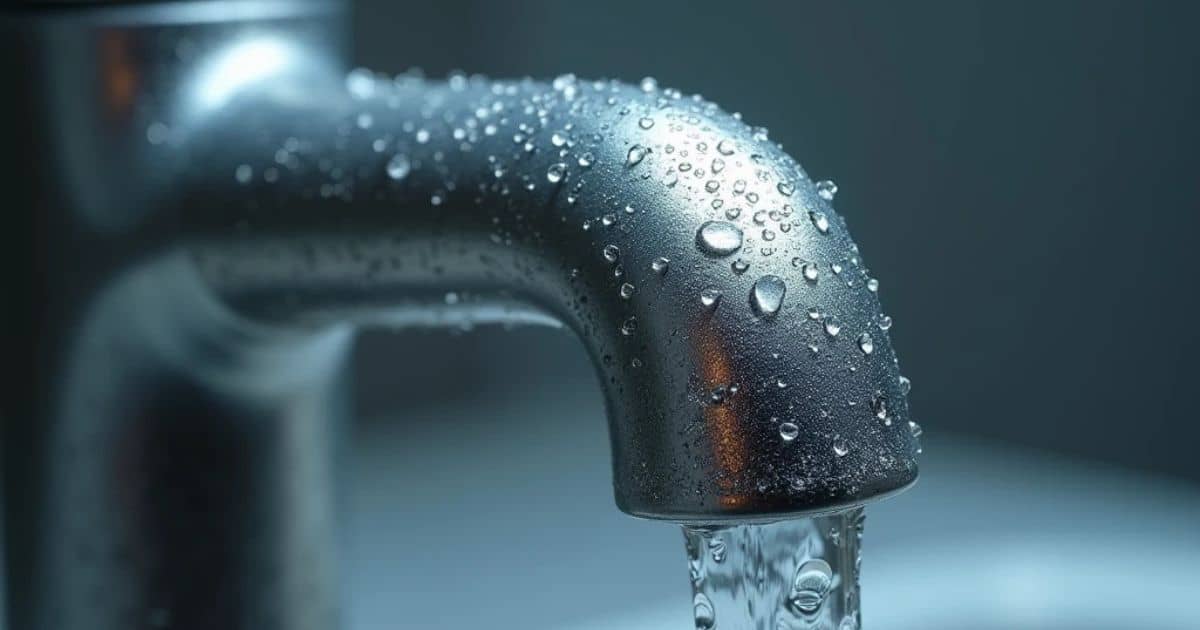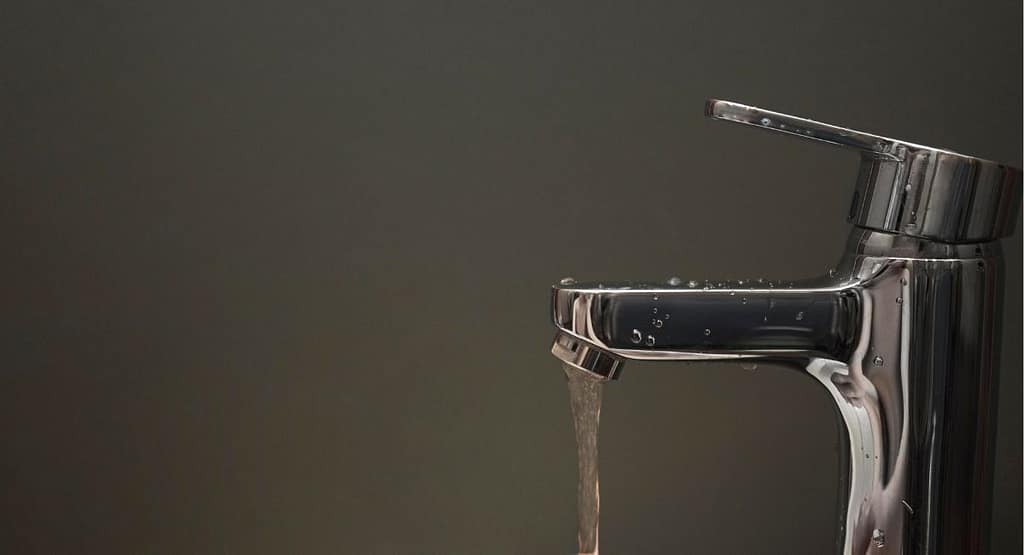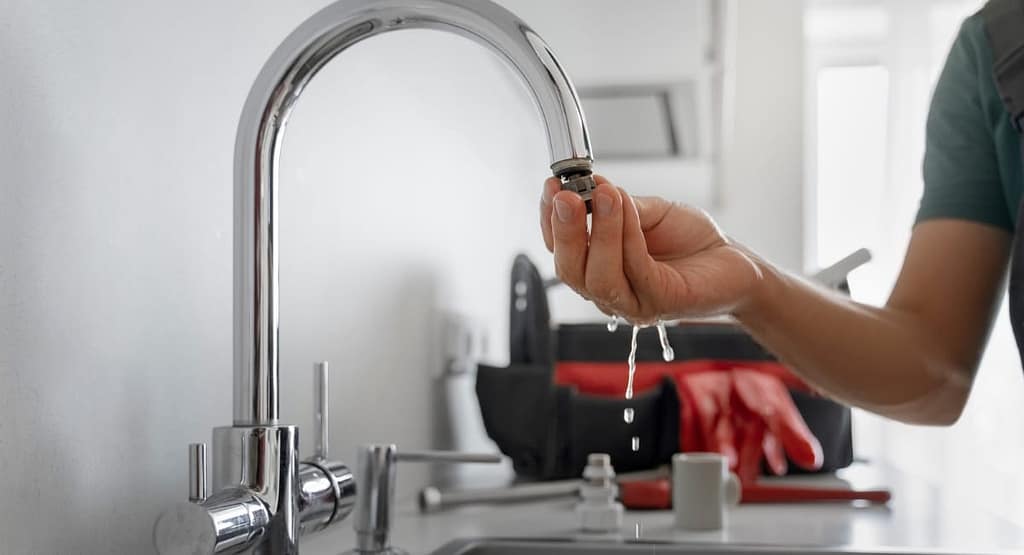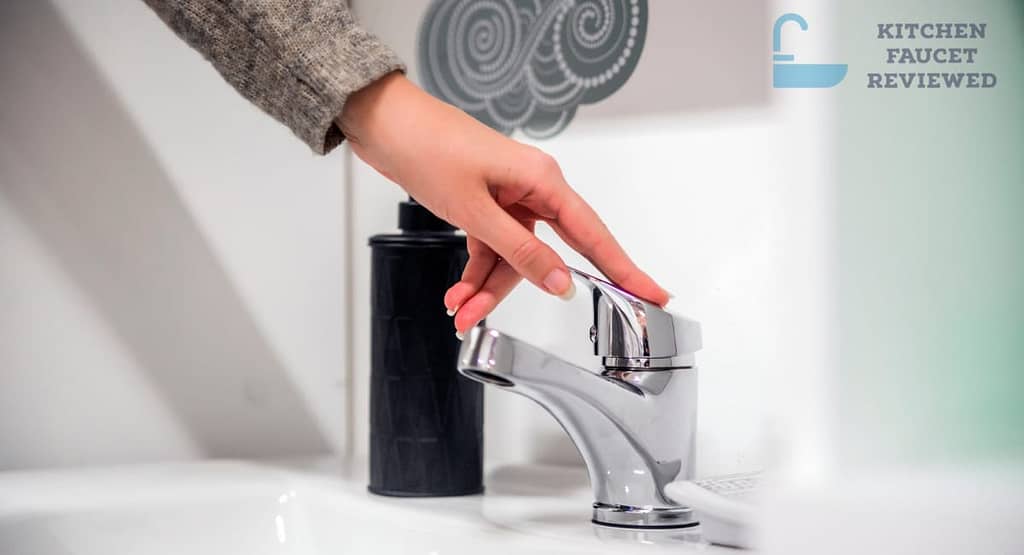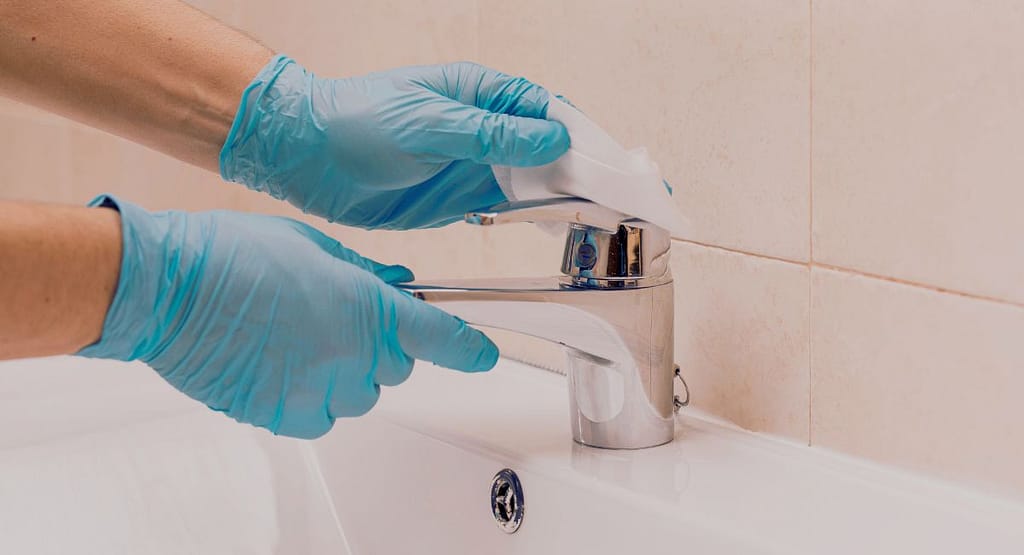When it comes to the water we use in our homes, not all water is created equal. One common issue that homeowners often face is hard water. Hard water is characterized by a high mineral content, specifically calcium and magnesium. While hard water doesn’t pose a direct health risk to humans, it can have adverse effects on household fixtures and appliances, including faucets. In this blog post, we will explore the reasons why is hard water harmful to faucets and discuss some preventive measures to protect them.
Hard water is a common term used
Hard water refers to water that contains significant amounts of dissolved minerals, specifically calcium and magnesium ions. These minerals are typically present in the form of calcium carbonate (CaCO3) and magnesium carbonate (MgCO3), but other minerals like iron, manganese, and zinc can also contribute to water hardness.
The level of hardness in water is determined by the concentration of these minerals. It is usually measured in terms of grains per gallon (GPG) or parts per million (ppm) of calcium carbonate. Water is classified as soft, moderately hard, hard, or very hard based on the concentration of these minerals.
Here are some things to know about hard water
Types of Hardness: Hardness in water can be classified into two types: temporary hardness and permanent hardness. Temporary hardness is caused by the presence of bicarbonate minerals, which can be removed by boiling the water. Permanent hardness, on the other hand, is caused by the presence of non-carbonate minerals and cannot be removed by boiling.
Scale Formation: Hard water can lead to the formation of scale or mineral deposits on surfaces that come into contact with it. When hard water is heated, the dissolved minerals precipitate and form scale, which can accumulate in pipes, plumbing fixtures, and appliances like kettles or water heaters. Scale buildup reduces the efficiency of these systems and may eventually lead to clogs or malfunctions.
Effects on Household Chores: Hard water can have several effects on household chores. It can make it more difficult to lather soap or detergent, leading to increased soap usage and reduced cleaning effectiveness. Additionally, hard water can leave behind spots or residue on dishes, glassware, and shower surfaces, making them appear dull or unclean even after washing.
Impact on Textiles: Hard water can also impact the longevity and appearance of clothing and fabrics. The minerals in hard water can cause colors to fade faster and make fabrics feel stiff or rough. Washing clothes in hard water may require the use of extra detergent to compensate for reduced lathering, which can lead to increased wear and tear on the fabric fibers.
Health Considerations: There is ongoing debate about the potential health effects of hard water. Some studies suggest that consuming hard water could contribute to the dietary intake of essential minerals like calcium and magnesium. However, excessive levels of these minerals in water have also been associated with certain health issues like kidney stones. The overall health impact of hard water consumption is still a subject of scientific research.
Water Softening: To alleviate the problems caused by hard water, many people choose to install water softening systems. These systems work by replacing the calcium and magnesium ions with sodium or potassium ions through a process called ion exchange. Water softeners can improve the lathering ability of soaps, reduce scale buildup in plumbing systems, and extend the lifespan of appliances.
Environmental Considerations: While hard water can have drawbacks, it is worth noting that it is not necessarily a health or environmental hazard. In fact, hard water can contain essential minerals that are beneficial for plant growth and human nutrition. Additionally, the process of water softening through ion exchange requires the use of salt or potassium, which can have environmental implications if not properly managed.
Understanding the nature and effects of hard water can help individuals make informed decisions about how to address its challenges, whether through water softening systems, alternative cleaning methods, or other appropriate measures.
The Impact of Hard Water on Faucets
Hard water, which contains high levels of minerals like calcium and magnesium, can have several negative impacts on faucets. Here are some further elaborations on the effects of hard water on faucets:
Mineral Build-up

Hard water leaves behind mineral deposits, specifically limescale, on the inner surfaces of faucets. Limescale is a chalky substance that accumulates over time, particularly in areas with high water usage. The deposition of limescale can gradually clog the aerator, which is the mesh screen at the end of the faucet. This obstruction restricts the water flow and reduces the efficiency of the faucet.
Reduced Water Flow
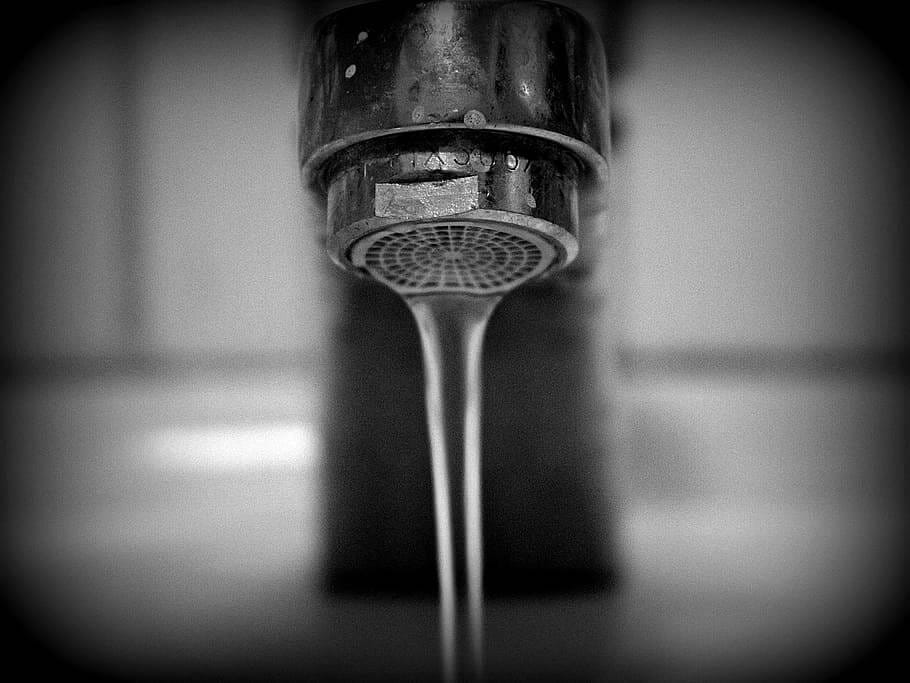
As limescale builds up inside the faucet, it narrows the passages through which water flows. The mineral deposits constrict the flow of water, leading to reduced water pressure. This decrease in water flow can be frustrating and inconvenient, making it harder to perform daily tasks such as washing dishes or taking a shower. In some cases, the diminished water flow may require professional intervention to clean or replace the affected parts.
Faucet Leakage
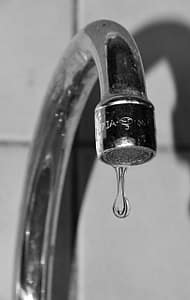
Hard water can contribute to faucet leakage due to the accumulation of limescale on the internal components. The presence of mineral deposits can interfere with the proper functioning of valves and seals, causing leaks or drips. These leaks not only waste water but also increase your water bills. If left unaddressed, the constant dripping can lead to further damage and deterioration of the faucet.
Faucet Staining
Hard water stains are another common issue caused by the minerals present in the water. The minerals can react with soap residue or other substances on the surface of the faucet, resulting in unsightly stains. These stains often appear as crusty, discolored patches, making the faucet look unclean and affecting the overall aesthetics of your kitchen or bathroom. Removing these stains can be challenging and may require specialized cleaning products or techniques.
Corrosion
While hard water itself is not corrosive, the dissolved minerals can contribute to the corrosion of certain metals used in faucets. Metals such as copper or brass, commonly found in faucet components, can react with the minerals in hard water over time. This chemical reaction can lead to the corrosion and degradation of the metal, potentially causing damage to the faucet structure and compromising its functionality.
Reduced Lifespan
The accumulation of mineral deposits and the corrosive effects of hard water can significantly shorten the lifespan of faucets and other plumbing fixtures. The build-up of limescale can affect the proper functioning of valves, causing leaks or malfunctions. Additionally, corrosion weakens the structural integrity of the faucet, making it more susceptible to damage or failure. Ultimately, the combination of mineral deposits and corrosion can lead to the need for premature replacement or repairs of faucets.
To mitigate the impact of hard water on faucets, regular cleaning and maintenance are essential. Using descaling agents or vinegar solutions can help remove mineral deposits and prevent the build-up of limescale. Installing a water softener or a whole-house water filtration system can also provide long-term protection against the damaging effects of hard water, benefiting not only your faucets but also other plumbing fixtures.
Protecting Faucets from Hard Water
Protecting faucets from hard water is essential to maintain their functionality and appearance over time. Here are some unique, well-researched, and high-quality methods to safeguard your faucets:
Regular Cleaning
Regular cleaning is crucial in preventing mineral build-up caused by hard water. Limescale deposits can accumulate on faucets, affecting their performance and appearance. To clean your faucets effectively, consider the following steps:
- Prepare a mild acidic solution: Mix equal parts of vinegar or lemon juice with water.
- Soak a soft cloth or sponge in the solution and gently scrub the faucet surfaces, paying attention to areas with visible mineral deposits.
- For stubborn deposits, you can wrap a cloth soaked in vinegar around the affected areas and leave it for a few hours to dissolve the minerals.
- Rinse the faucet thoroughly with water and dry it with a clean cloth.
It’s important to note that different faucet materials may require specific cleaning methods. Always refer to the manufacturer’s guidelines to ensure you’re using the appropriate cleaning products and techniques.
Water Softeners
Installing a water softener is an effective long-term solution for combating hard water issues throughout your home. Water softeners work by removing the excessive mineral content, primarily calcium and magnesium ions, from the water supply. By doing so, they prevent limescale buildup in faucets and other plumbing fixtures.
A water softener system typically consists of a resin tank that exchanges the mineral ions with sodium ions through a process called ion exchange. Consult with a professional plumber to assess your water hardness level and determine the appropriate water softener size and type for your specific needs.
Faucet Maintenance
Regular maintenance is vital to protect faucets from the negative effects of hard water. Follow these maintenance tips to minimize damage and prolong the lifespan of your faucets:
- Inspect faucets periodically for any signs of leakage, corrosion, or mineral deposits.
- If you notice leaks, address them promptly by replacing worn-out or faulty parts such as washers, cartridges, or O-rings.
- Ensure that seals and valves are functioning correctly to prevent water wastage and further damage.
- Consider using faucet aerators or flow restrictors to reduce water flow, which can help minimize the impact of hard water.
- If you encounter difficulties with maintenance or repairs, consult a professional plumber for assistance.
Protective Coatings
Applying protective coatings or finishes on your faucets can create a barrier that prevents mineral deposits from adhering to the faucet surface. Here are some considerations when choosing and applying protective coatings:
- Look for coatings specifically designed to resist limescale and mineral buildup. These coatings often have hydrophobic properties that repel water and minerals.
- Before applying any coating, ensure that the faucet surface is clean and dry. Follow the manufacturer’s instructions for proper application techniques and curing times.
- Some coatings may require periodic reapplication to maintain their effectiveness. Be aware of the recommended maintenance schedule and adhere to it.
It’s important to note that while protective coatings can help reduce mineral buildup, they are not a substitute for regular cleaning and maintenance. Combining coating application with other preventive measures will provide the best results.
By implementing these preventive measures, you can effectively protect your faucets from the detrimental effects of hard water. Remember to consult with professionals when necessary and always refer to manufacturer guidelines for specific faucet care instructions.
Conclusion
Hard water can be a nuisance for faucets, causing mineral build-up, reduced water flow, and potential leakage. However, by understanding the impact of hard water and implementing preventive measures, you can protect your faucets and ensure their longevity.
Regular cleaning, the use of water softeners, faucet maintenance, and protective coatings are all effective strategies to combat the harmful effects of hard water. Taking care of your faucets not only preserves their functionality but also enhances the aesthetic appeal of your kitchen or bathroom.
With a little care and attention, you can enjoy the benefits of clean, flowing water without worrying about the damaging effects of hard water.
